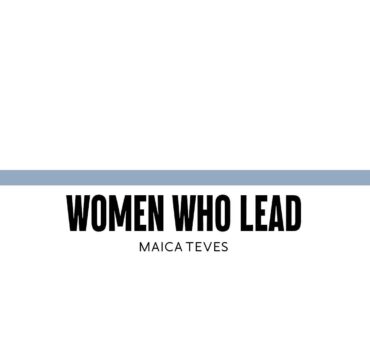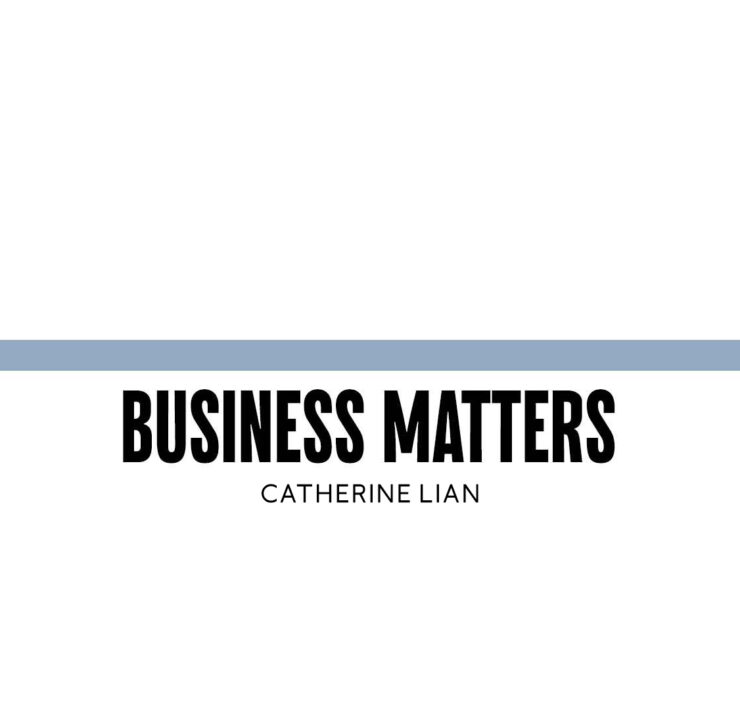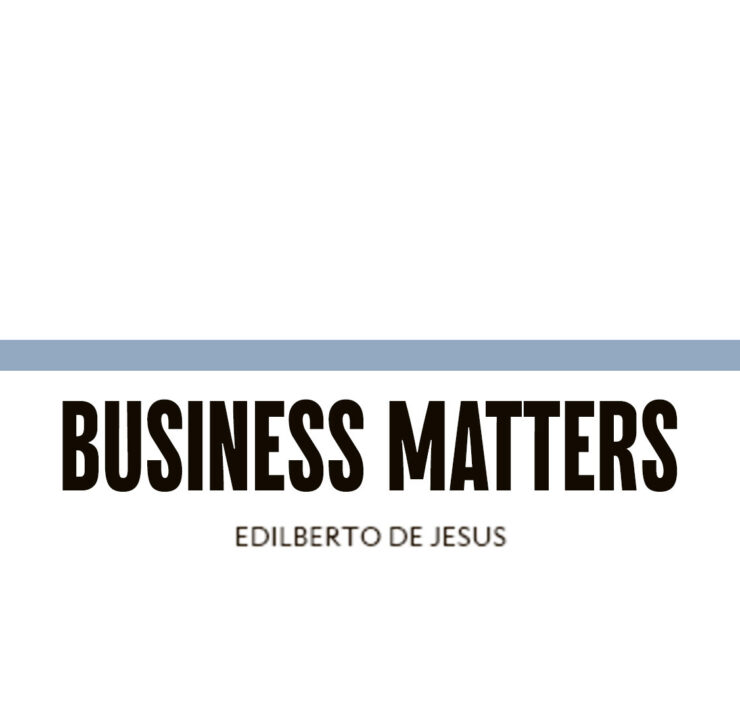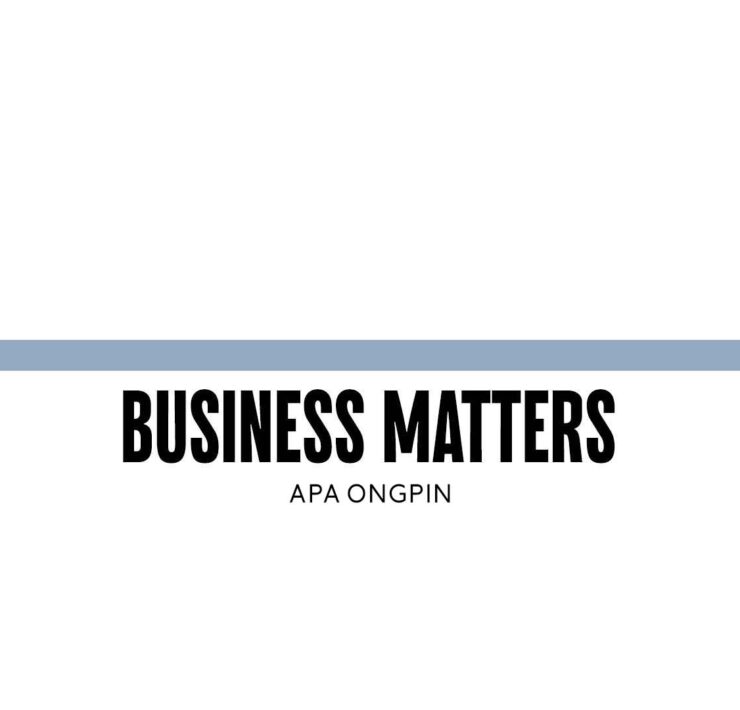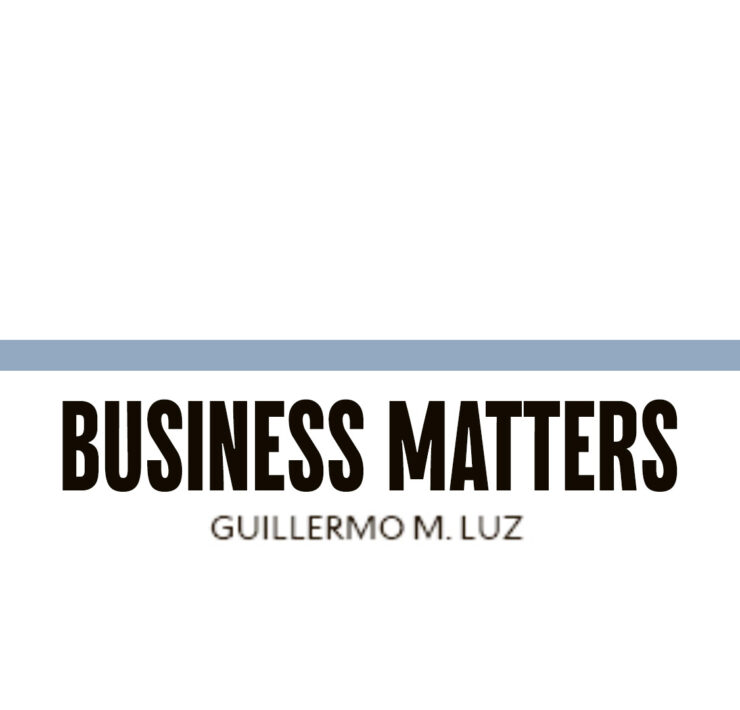From Curious to Confident: Thriving in the AI-Powered Workplace
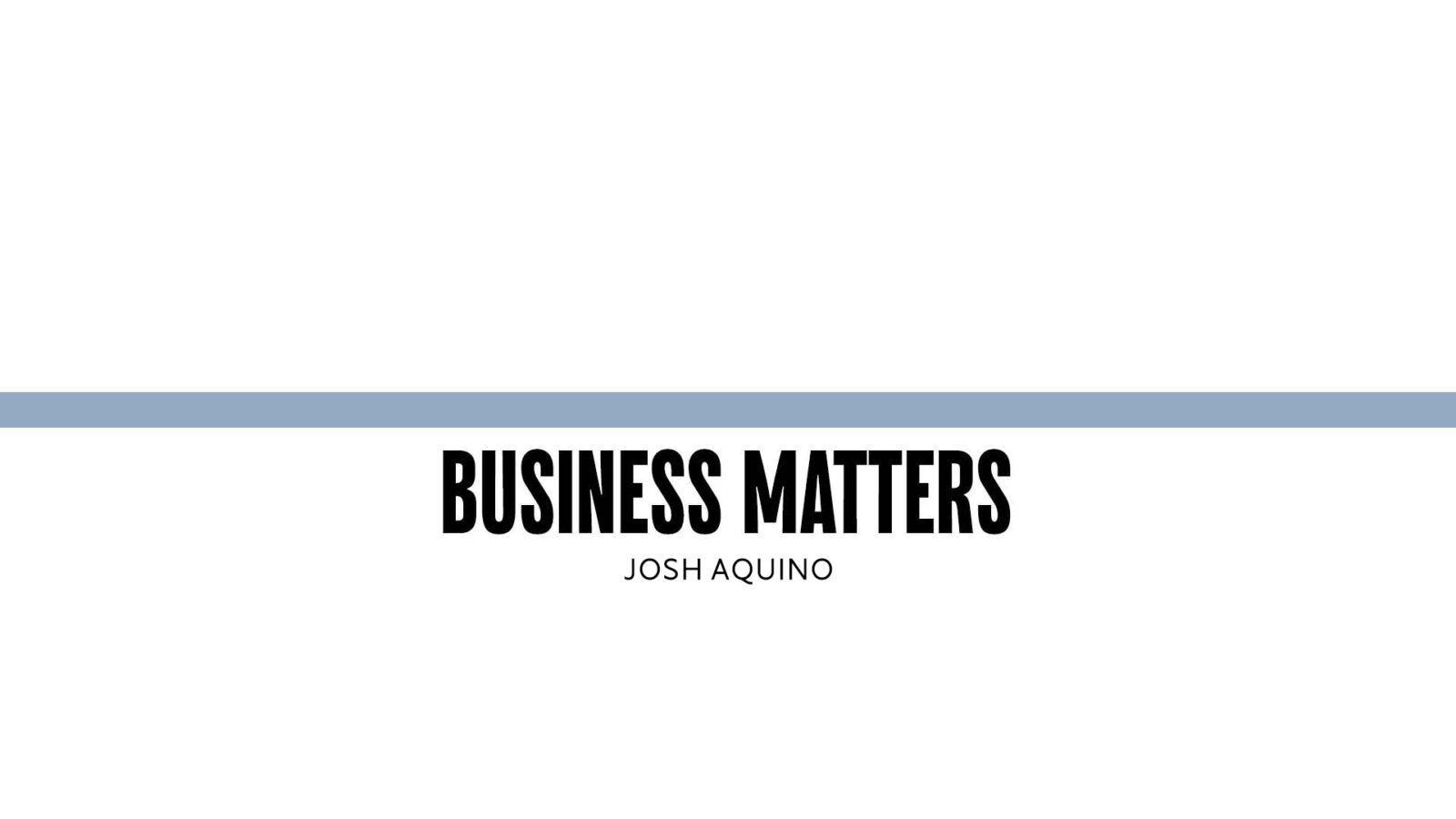
Generative artificial intelligence (AI) continues to change how we work, think, and interact, as well as our roles as consumers and professionals. For many, the excitement is tempered by a sense of uncertainty—questions of trust, talent, and responsibility loom large as AI tools permeate every sector. With such explosive growth, the challenges are profound. We face a new world with synthetic content affecting trust, where talent pressure and the need for rapid reskilling are ever-present, and where emerging cyber threats and ethical drift test the boundaries of responsibility.
What’s becoming increasingly evident, though, is that the future of work will not be defined by technology alone. In fact, the deeper we go into adoption, the more we see the need to focus on important signals instead of just data and prioritize strong fundamentals alongside rapid advancement. The solution doesn’t come from complex algorithms, but from deliberate human actions.
First is culture.
A common fallacy is that AI is only about the technology, but a pervasive bottleneck is organizational readiness.
Organizations that succeed in AI adoption are often characterized by senior leaders championing a culture of experimentation and learning, where teams are encouraged to try, fail, and learn in the open—all guided by ethical guardrails that ensure safety and responsibility without stifling opportunity.
At Microsoft, for example, significant gains—faster customer service, higher sales revenue, better marketing conversion, and improved HR accuracy—were achieved not through a “secret formula,” but through a culture that values openness, continuous learning, and shared innovation.
Second is recognizing that ethics, at its core, is a human responsibility.
At Microsoft, we believe responsible use should be by design and by default—not optional. Every user, from frontline staff to executives, must understand the tools they use, the data they provide, and the impact their decisions have on others. They must be vigilant: asking tough questions and refusing to cut corners for the sake of convenience.
Our responsible AI framework—grounded in fairness, privacy, security, inclusiveness, and accountability—sets the standard for ethical innovation. Training, tools, testing, and oversight are not mere checkboxes but ongoing commitments, and ethics must be a critical, active ingredient in building trust, and ensuring that AI amplifies human good, not harm.
Third is over-indexing on skills.
According to LinkedIn’s 2025 Work Change Report, AI literacy is now the most sought-after skill in the workforce. But AI literacy means far more than understanding how an algorithm works or training a model. Contrary to popular belief, mastering AI is not about learning to code—it’s about learning to communicate. Beneath the technical wizardry, the true key to unlocking generative AI’s power is remarkably accessible: prompting.
Prompting is both an art and a science. Whether you’re summarizing research, writing an email, or building a new platform, you first must know how to effectively prompt. Many organizations struggle in their AI adoption simply because they miss this fundamental step. Whereas others, conversely, succeed greatly by employing the opposite approach of fostering a culture of experimentation, learning, and shared innovation.
By honing the art of prompting through immersion—and inevitably, experimentation—individuals transform from curious explorers to confident daily users and, ultimately, creative problem-solvers. This shift—from a search engine mindset to an architect’s mindset—transforms AI from a blunt instrument into a powerful collaborator.
Lastly, ensuring agency as origin, not outcome.
At Microsoft, our adoption of AI is guided by this principle: “Don’t lose sight of your value.” Ultimately, we believe the future of work with AI isn’t about the technology, it’s about elevating human insight—which is why we call our AI, Copilot.
With this transformative tool lies an incredible opportunity and a critical choice: we can either be cognitive off-loaders and delegate our thinking to AI—relying on automation to reduce mental effort—or we can become cognitive innovators and elevate our thinking, insight, and execution to entirely new levels. Either way, no other tool in history can better help us achieve our outcome of choice.
We’re all somewhere on the AI literacy ladder—from the curious explorers to the confident daily users, the capable prompt designers, the critical evaluators, and the creative inventors of new solutions. No matter where you are on this scale, the imperative is clear: build AI around you, not the other way around. By doubling down on skills, reinforcing a culture of learning, and embedding responsibility at every level, we can seize the opportunities of the AI era with confidence.
—————–
Josh Aquino is the head of PR & Communications at Microsoft.
—————–
Business Matters is a project of the Makati Business Club (makatibusinessclub@mbc.com.ph).














